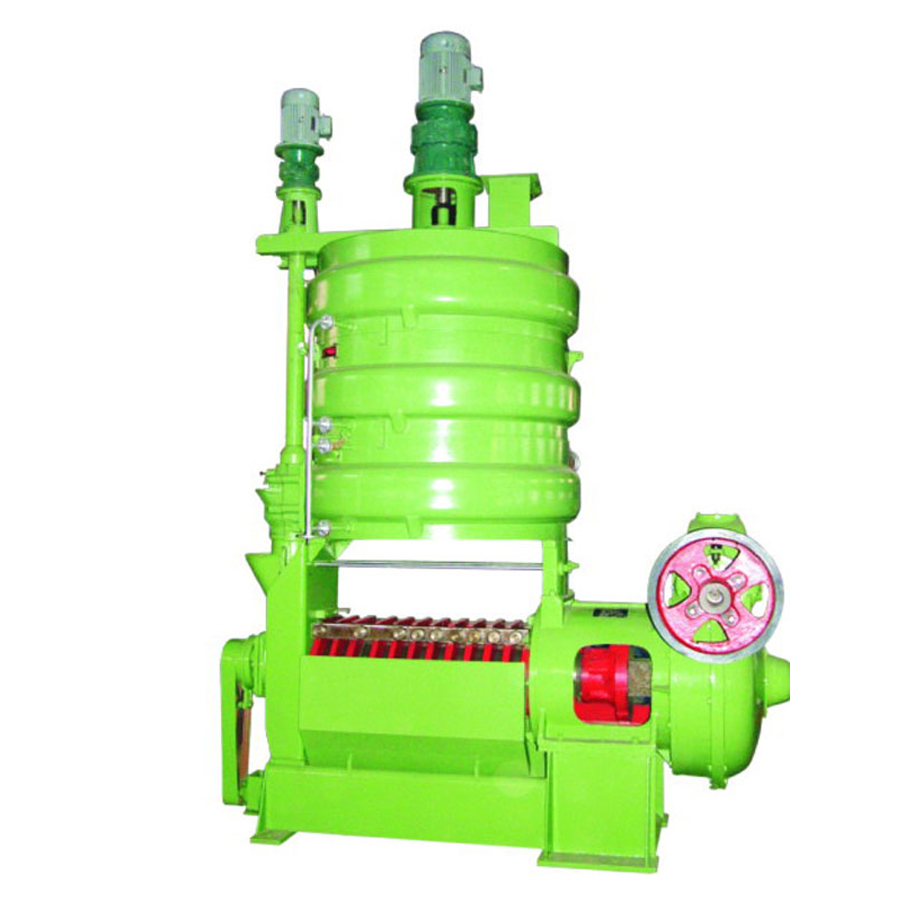Dec . 24, 2024 06:30 Back to list
vegetable oil refined unit manufacturer
Understanding the Vegetable Oil Refining Industry
Vegetable oil is a ubiquitous part of our daily lives, whether in cooking, food processing, or as an ingredient in numerous industrial applications. Refining is a crucial process in transforming crude vegetable oils into the pure, palatable oil we consume. This article delves into the world of vegetable oil refining, discussing the manufacturing unit dynamics, processes involved, and the evolving industry landscape.
The Basics of Vegetable Oil Refining
Vegetable oil refining is the process of purifying crude vegetable oils extracted from seeds and nuts, such as soybean, sunflower, canola, and palm oil. Crude oils often contain impurities, including free fatty acids, phospholipids, pigments, and odors that detract from the oil’s quality. The refining process primarily entails degumming, neutralization, bleaching, and deodorization—each step plays a crucial role in enhancing oil quality and stability.
1. Degumming The initial stage involves removing gum substances (phospholipids) using water or acids. This step is essential as it prepares the oil for further refinement by eliminating substances that can cause emulsification.
2. Neutralization In this stage, free fatty acids are removed by treating the oil with an alkali (usually sodium hydroxide), which reacts with the fatty acids to form soap. The soap is then separated from the oil, effectively reducing its acidity.
3. Bleaching This process removes pigments and other impurities. Adsorbents like clay are commonly used to adsorb unwanted compounds, resulting in a lighter and clearer oil. Bleaching not only improves the oil’s appearance but also enhances its shelf life by removing substances that could cause degradation.
4. Deodorization The final step involves heating the oil under vacuum conditions to eliminate volatile compounds that contribute to undesirable odors and flavors. This step can dramatically improve the oil’s palatability and is vital for oils intended for food use.
The Manufacturing Unit Dynamics
Manufacturing units focused on vegetable oil refinement are typically equipped with advanced technology to improve efficiency and maintain quality. Large-scale plants may utilize continuous processing systems, where each refining step occurs in a controlled environment, enabling streamlined operations and consistent product quality.
vegetable oil refined unit manufacturer

In terms of infrastructure, a refined oil manufacturing unit includes several components
- Extraction Facilities These facilities extract crude oil from raw materials. The most common extraction methods include mechanical pressing and solvent extraction.
- Refining Equipment This includes degumming tanks, neutralization reactors, bleaching clay filters, and deodorization units. Each piece of equipment must adhere to strict hygiene and quality standards to ensure the safety of the final product.
- Quality Control Labs To maintain high standards, reputable manufacturers invest in quality control labs. Regular testing ensures compliance with food safety regulations and industry standards.
Industry Trends and Innovations
The vegetable oil refining industry is undergoing significant changes driven by consumer preferences, technological advancements, and sustainability concerns. The demand for healthier cooking oils has prompted manufacturers to invest in refining technologies that preserve more nutrients while enhancing oil quality. For instance, physical refining—a method that avoids chemical treatments—has gained popularity due to its ability to minimize oil degradation and retain healthful components.
Moreover, there is a growing trend towards sustainable sourcing of raw materials. With increased awareness about palm oil’s environmental impact, many consumers are opting for oils that are ethically sourced and produced with minimal environmental footprints. Manufacturers are responding by seeking certifications, such as the Roundtable on Sustainable Palm Oil (RSPO), to ensure their products are compliant with consumer expectations.
The industry is also exploring alternative vegetable oils, such as algae oil and insect oil, presenting an opportunity for diversification and catering to niche markets.
Conclusion
The vegetable oil refining industry is a dynamic field that plays a critical role in the global food system. From its essential processing methods to the intricate dynamics of manufacturing units, understanding this industry offers insights into food quality, safety, and sustainability. As the market continues to evolve, stakeholders must remain adaptable, innovative, and committed to meeting consumer demands while maintaining ethical and environmentally responsible practices. This ensures that vegetable oil remains not only a staple ingredient but also a ticket to a healthier and more sustainable future.
-
Popular Commercial Oilseed Crushing Machinery | High-Yield Oil Expeller Press
NewsAug.24,2025
-
Food Oil Refined Unit Companies: Leading Manufacturers & Exporters
NewsAug.23,2025
-
Expert Oil Filter Machine Service & Solutions | Quality & Reliability
NewsAug.22,2025
-
LZY-206 Double Screw Cold Oil Press – Maximize Yield, Preserve Nutrients
NewsAug.21,2025
-
Efficient Black Seed Oil Expeller & Multi-Seed Oil Press
NewsAug.19,2025
-
HP 120 Model Cold Oil Press-Hebei Huipin Machinery|Energy Efficiency, Multi-Functionality
NewsAug.18,2025
